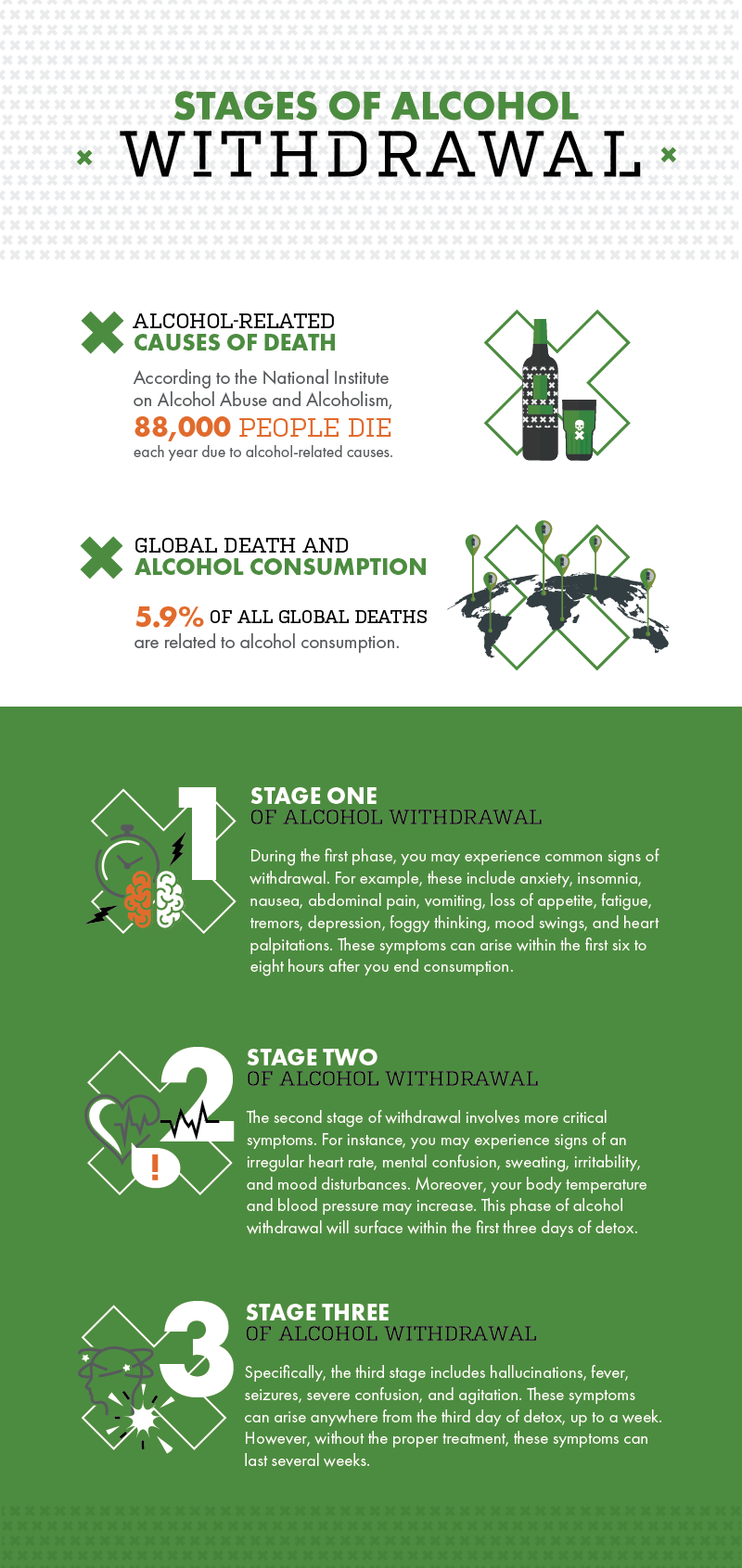Learn About Reliable Strategies For Taking Care Of Triggers And Yearnings After Rehab To Safeguard Your Recuperation Trip And Effectively Browse Via Difficult Times
Learn About Reliable Strategies For Taking Care Of Triggers And Yearnings After Rehab To Safeguard Your Recuperation Trip And Effectively Browse Via Difficult Times
Blog Article
Article Author-Hardin Eaton
You've completed Drug rehabilitation and taken a substantial action in the direction of a much healthier way of life. But now, dealing with triggers and yearnings post-rehab can be a challenging trip. Exactly how do you navigate through these moments without jeopardizing your development? Understanding the strategies to cope with triggers and food cravings is vital in maintaining your soberness. Allow's discover reliable methods to handle these obstacles and safeguard your newly found commitment to living a drug-free life.
Identifying Triggers and Food Cravings
To successfully handle your triggers and yearnings, start by acknowledging the circumstances or emotions that lead to your desire to use. Take a moment to review what circumstances or feelings trigger your cravings. Is it tension, dullness, social circumstances, or certain places? By identifying these triggers, you can better prepare yourself to deal with them.
Triggers can be both inner, such as adverse emotions or physical discomfort, and outside, like being around people who use materials or seeing a certain area.
Pay attention to patterns in your cravings-- are they much more regular at specific times of the day or in feedback to specific events?
Building Healthy Coping Approaches
Determining your triggers and cravings is the primary step in the direction of structure healthy coping strategies to handle them efficiently. When you recognize what scenarios, feelings, or people trigger your desires, you can start creating a strategy to address them.
One efficient method is to change negative habits with positive ones. For instance, if tension triggers food cravings, practicing leisure techniques such as deep breathing or meditation can help. Taking part in physical activities such as exercise or choosing a stroll can additionally be a great way to cope with yearnings.
Another key element of building healthy and balanced coping approaches is to create a helpful environment. Surround on your own with individuals that recognize your trip and can provide inspiration and accountability. It is essential to establish limits with individuals who may not sustain your recuperation.
Additionally, developing http://ted98raymundo.booklikes.com/post/6354008/a-myriad-of-therapeutic-techniques-await-at-drug-rehabilitation-centers-each-providing-a-distinct-course-to-healing-and-self-discovery that includes healthy and balanced behaviors like routine exercise, appropriate nourishment, and sufficient rest can assist you stay on track and minimize the possibility of experiencing triggers and cravings.
Looking For Support and Liability
Creating a network of encouraging individuals who can offer support and hold you liable is important in handling triggers and cravings properly. Seek good friends, member of the family, or a support group that comprehend your trip and can supply assistance when you deal with difficult situations.
Having a person to talk to throughout minutes of temptation can make a significant distinction in staying on track with your healing. Accountability partners can assist you remain focused on your goals and remind you of the reasons why you picked to look for help to begin with.
https://squareblogs.net/manual29ahmed/the-change-of-individuals-and-households-through-drug-rehab-a-new-phase can additionally aid in producing a structured plan to manage triggers and cravings, such as establishing alternative tasks or dealing devices to change the urge to make use of medications. https://psychcentral.com/addictions/addictions -ins with your support system can provide peace of mind and inspiration, assisting you really feel less separated in your healing trip.
Final thought
Remember, recognizing and coping with triggers and food cravings after Drug rehabilitation is a key part of maintaining sobriety.
By identifying your triggers, developing healthy and balanced coping methods, and looking for assistance from liked ones or support groups, you can navigate via challenging minutes and remain concentrated on your soberness objectives.
Remember, you aren't alone in this trip, and with the right devices and support, you can overcome lures and live a satisfying, drug-free life.
Keep strong and keep moving forward.
